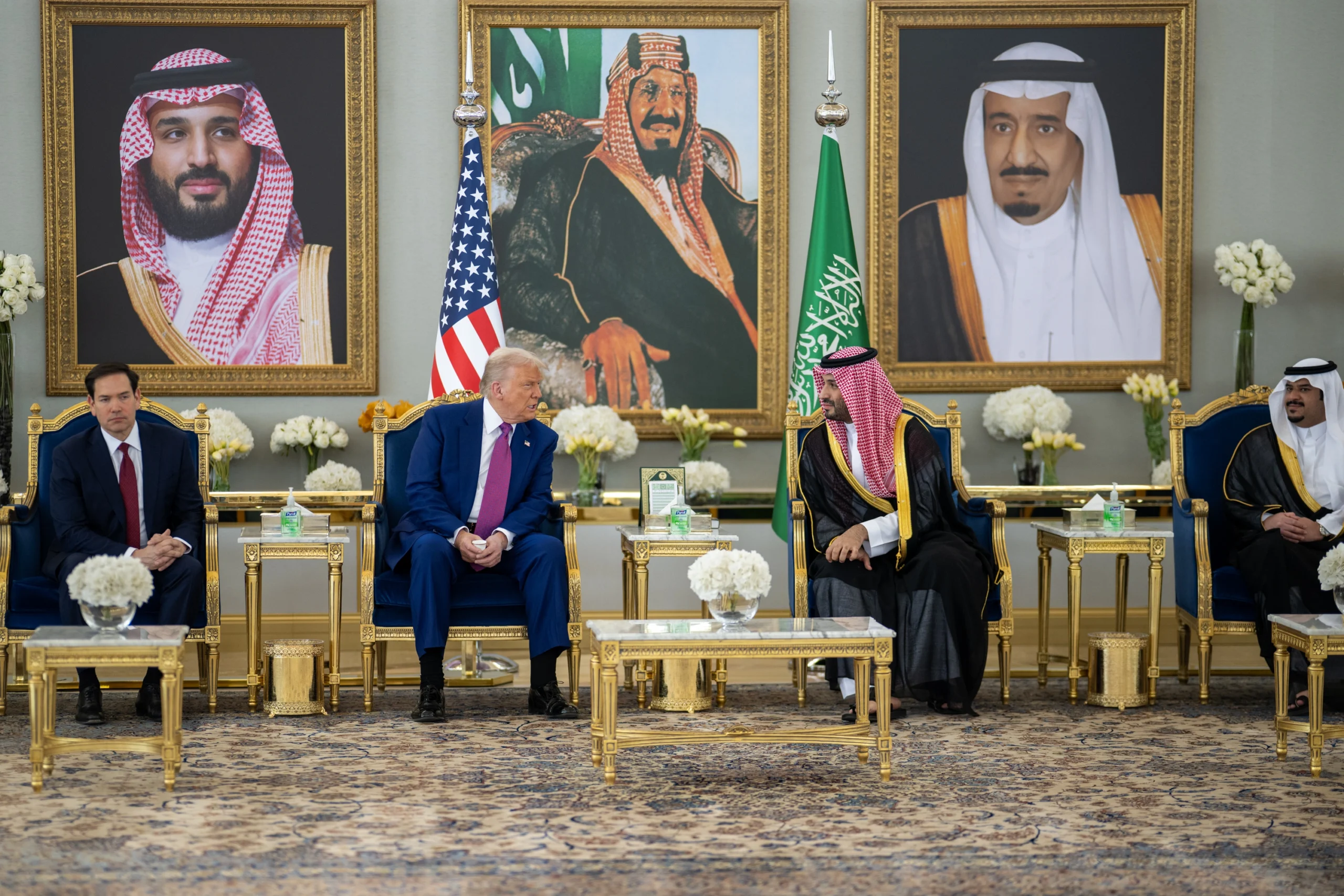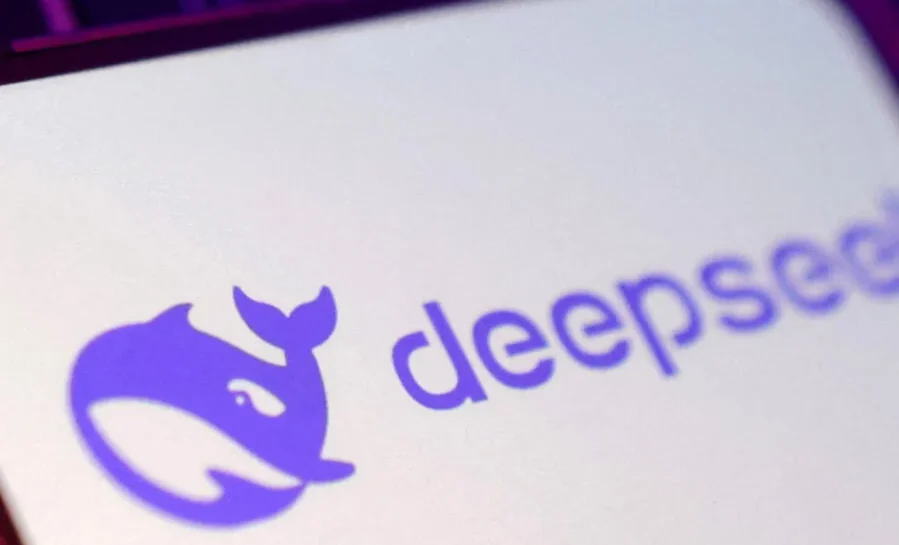GLOBAL ECONOMY ON EDGE
The Iran–Israel Conflict’s Ripple Effect
By Desk Reporter

As tensions between Iran and Israel escalate, the world watches not only for military consequences but for the seismic tremors now rippling through the global economy. From soaring oil prices to mounting inflation risks and the shadow of another global recession, the conflict is reshaping economic forecasts far beyond the Middle East.
A New Era of Economic Uncertainty
Oil as the Spark
Global oil prices, already volatile, have surged dramatically in recent weeks. The prospect of disrupted shipping lanes—particularly through the Strait of Hormuz—has set off alarms across international markets.
“A $10 increase in oil prices typically reduces global GDP by approximately 0.5%.”
Such a spike also inflates consumer prices, hitting oil-importing nations the hardest. Analysts warn of a looming $100–$130 per barrel scenario, which could sustain elevated inflation for over a year in many economies.
Markets in Flux
Global financial markets have reacted nervously. While some stock indices show signs of recovery, the appetite for risk has faded.
“Investors are flocking to gold and other safe havens, anticipating prolonged volatility.”
With stagflation—a rare mix of stagnation and inflation—back on the radar, central banks may find themselves boxed in.
Recession: A Historical Echo
Looking back to past oil shocks of the 1970s and 1990s, the correlation between conflict-driven price surges and economic slowdowns is clear.
“If oil hits $130, global growth could shrink by 0.4 to 0.5 percentage points.”
Even without a full-blown embargo, the mere threat of escalation is enough to trim growth forecasts, disrupt investment, and freeze hiring across sectors reliant on cheap energy.
Who Will Pay the Price?
While the bombs may fall in the Middle East, the economic pain is indiscriminate.
“A moderate oil spike could raise global inflation by 0.5 percentage points, hitting billions worldwide.”
In Gaza, the devastation is immediate—GDP down 80%, unemployment near 80%, and 2.2 million facing food insecurity. But in far-flung corners of the world, from Nairobi to London, fuel, food, and transport costs are already climbing.
The UK: Exposure Without Control
The UK stands especially vulnerable to the economic aftershocks. With nearly 100% of oil imported, Britain is at the mercy of global prices.
“A $75–80 oil price could push UK inflation up by 0.2 percentage points.”
Households are bracing for higher utility bills, pricier groceries, and stalled wage growth. Business productivity is also likely to dip as transport and supply-chain costs rise.
“The Bank of England has little room to maneuver—caught between inflation pressure and slowing growth.”
Diplomacy’s Double-Edged Sword
At the geopolitical level, much rests in the hands of UN veto powers—the US, UK, France, China, and Russia. Their ability to shape peace efforts or stall resolutions could prove decisive.
“Veto power can block escalation—or hinder resolution.”
The right combination of diplomatic pressure, ceasefire negotiations, and economic incentives might calm markets and stabilize critical trade corridors.
Key Takeaways
- Inflation: Expect upward pressure globally, especially in oil-dependent economies.
- Recession Risk: Moderate now, but growing especially if conflict expands or oil surpasses $120/barrel.
- Population Impact: Direct hardship for millions in the Middle East; indirect cost-of-living increases for billions worldwide.
- UK Fragility: High exposure through imports, low policy flexibility, and fragile household finances.
- Diplomatic Leverage: Peace initiatives by powerful nations could make or break economic stability.
The Road Ahead
In the short term, global markets will remain volatile. Fuel and food prices are likely to stay elevated, and central banks must remain cautious. Over the medium term, the risk of stagflation looms if the conflict expands.
“Effective diplomacy, especially by veto powers could prevent a financial crisis and restore global confidence.”
Governments must stay vigilant, balancing inflation control with support for vulnerable sectors. The world economy, like the region itself, stands on a knife’s edge.




